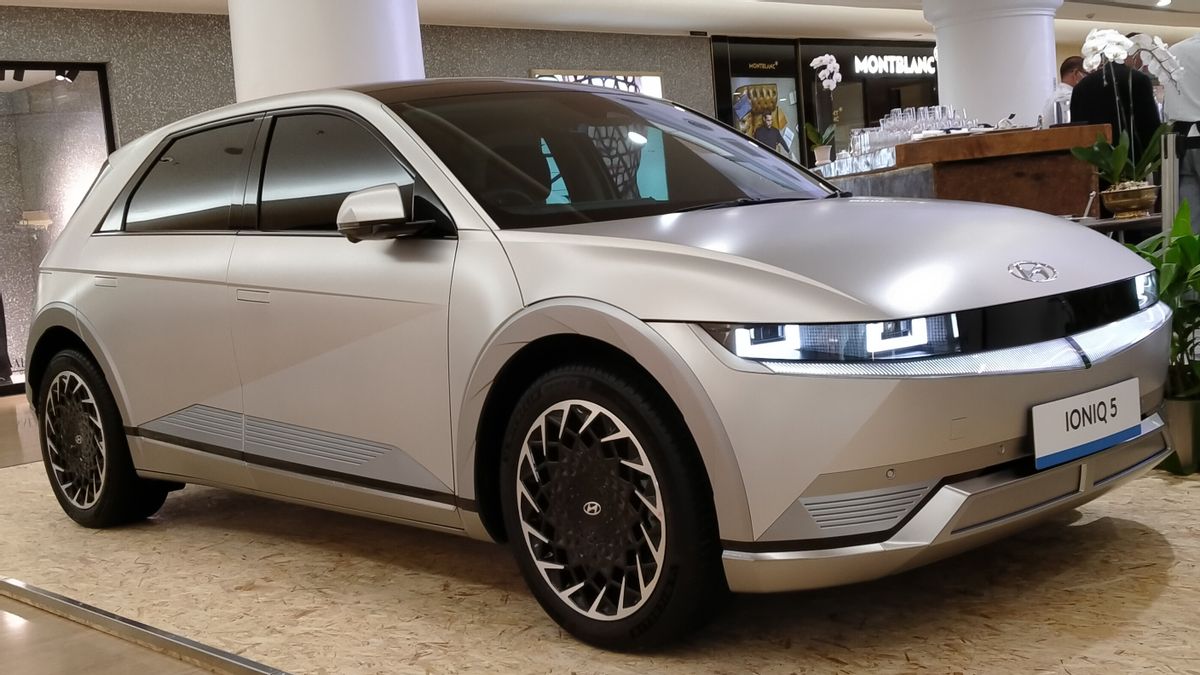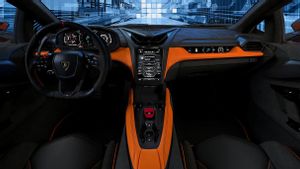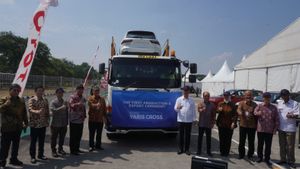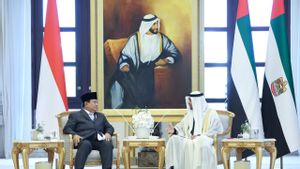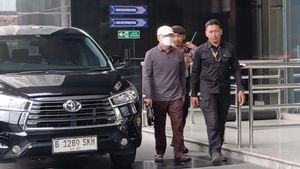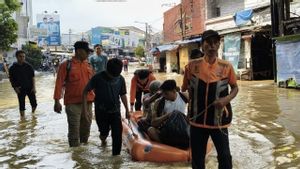JAKARTA - Massive growth in the electric vehicle (EV) industry continues, with various manufacturers launching the latest electric car and motorcycle models. Thailand and Indonesia are the countries with the most EV sales in the ASEAN region, and this development is expected to continue.
Thailand currently leads as the country with the most EV sales in ASEAN, with a total of 51,000 units in 2022. Meanwhile, Indonesia has sold around 10,000 EV units. Behind it, Malaysia recorded sales of 2,631 units. Although the number of EV sales in Indonesia increased significantly by 86 percent compared to the previous year, this figure is still relatively low when compared to Thailand.
Both countries have a large population in ASEAN, and the government has provided incentives in the form of tax cuts and subsidies for electric vehicles. Senior Asia-Pacific analyst at BloombergNEF, Allen Tom Abraham, said that Thailand has the potential to achieve EV sales of 2.9 million units by 2040. However, for the electric passenger car segment, Indonesia has greater potential.
"Thailand will be a big player in the EV market, but after 2040 Indonesia will take the lead in the passenger car segment due to its large market," Allen said as quoted by Paultan on Friday, July 7.
According to a BloombergNEF study, EV production requires large investments in battery supply chains. Demand for lithium batteries is also expected to increase rapidly, reaching around 5.7 terawatts per hour (TWh) by 2035, and even 244 TWh by 2050.
Global demand for EVs continues to increase, with sales in this segment expected to jump from 14 percent in 2022 to 30 percent in 2026. China, with an EV market share of 52 percent, is the largest producer in the world, surpassing the entire region of Europe, which only reached 42 percent of EV sales.
The BloombergNEF also estimates that global EV sales in the passenger car segment will reach nearly 27 million units by 2026, up about 8 million units compared to 19.5 million units by 2022.
اقرأ أيضا:
This is in line with Indonesia's campaign to achieve Net Zero Emission (NZE) by 2060, with plans to stop sales of gasoline and diesel cars by 2050. Along with this goal, Indonesia continues to strengthen infrastructure and regulations to support the growth of electric vehicles in the future.
The English, Chinese, Japanese, Arabic, and French versions are automatically generated by the AI. So there may still be inaccuracies in translating, please always see Indonesian as our main language. (system supported by DigitalSiber.id)
